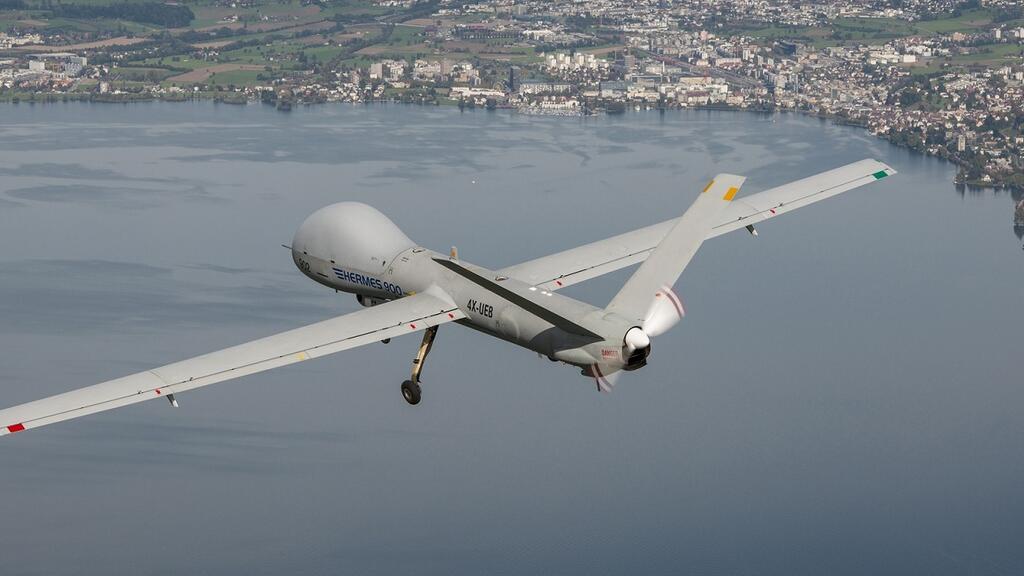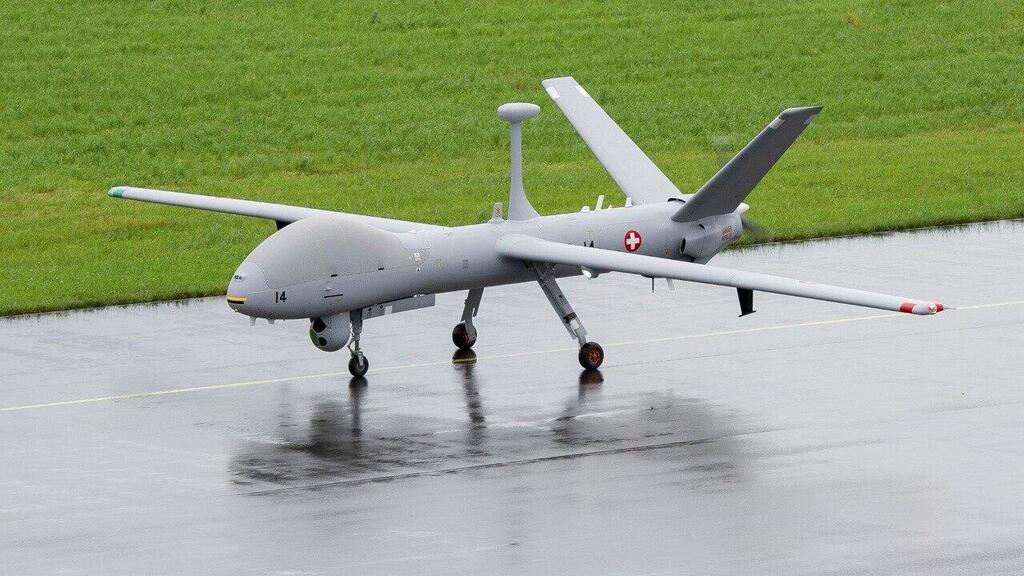Getting your Trinity Audio player ready...
The massive deal between Israel’s Elbit Systems and Switzerland for the sale of advanced drones, on hold for nearly nine years, continues to face complications, according to an investigation by Swiss public broadcaster SRF. The $256 million agreement, under which Elbit was to supply six Hermes 900 drones, has turned into an endless saga of delays and malfunctions, with new issues now emerging.
The investigation reveals Elbit has yet to resolve critical capabilities for the drones, including autonomous flight and obstacle avoidance. These features are particularly crucial for Switzerland due to its challenging terrain, including the Alps and a high number of paragliders, which pose significant aerial obstacles.
A letter from the Swiss parliamentary finance committee to Defense Minister Viola Amherd expressed deep skepticism about the project’s success. "The delays in resolving the system’s issues raise concerns about its technical feasibility, licensing, and costs. Without this special system, the entire concept of these drones’ autonomous operation will be severely limited, and operational costs will increase significantly," the letter stated.
Swiss frustrations
The Swiss arms manufacturer RUAG was tasked with solving the programming issues, but repeated requests from the Swiss army to Elbit have failed to yield a solution. Experts interviewed in the SRF report explained that without autonomous capabilities, Switzerland may need additional aircraft to operate the drones effectively. Despite these challenges, Swiss defense officials still believe RUAG can find a solution.
Swiss People's Party parliamentarian Mauro Tuena criticized the situation: "Operating the drone from a helicopter is absurd. The drone is meant to fly higher and be quieter to monitor borders discreetly. What have we accomplished? What did we spend 300 million Swiss francs on?"
A history of delays
The Swiss parliament approved the purchase in 2015 after Elbit won the tender over Israel Aerospace Industries, which had previously supplied drones to the Swiss army. Elbit promised capabilities no other manufacturer offered, including safety systems that would allow the drones to fly alongside civilian aircraft without requiring separate airspace. The drones were also expected to handle harsh winter conditions and freezing temperatures above the Alps, with delivery within four years.
However, to date, only four drones have been supplied, and they are far from operational, currently limited to training flights. Swiss estimates suggest the drones won’t be mission-ready before 2029. Recently, another issue surfaced with the drones’ autonomous landing system, which struggles to function without GPS. Elbit stated it could make the necessary adjustments, but according to the investigation, it has not yet fulfilled this promise.
The drones were initially expected to become operational by 2019. However, multiple factors, including the COVID-19 pandemic, which forced Israeli instructors to return home and halt training, led to skyrocketing costs. The first drones were delivered only in 2022, sparking public, political, and media criticism in Switzerland.
In 2020, further doubts arose when the third Hermes 900 drone crashed during a test flight in southern Israel as part of evaluations by the Civil Aviation Authority.
As delays and malfunctions persist, Swiss frustration grows over the escalating costs and questionable value of the project. While Elbit continues to assure it can meet the promised capabilities, skepticism remains high, with Swiss officials increasingly questioning whether the drones will ever meet the operational and technological expectations set nearly a decade ago.




